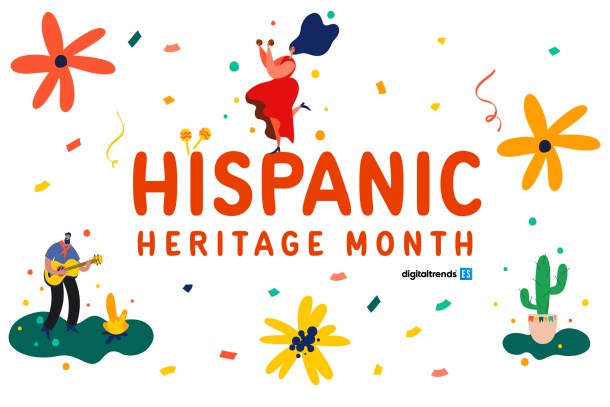WhatsApp is not the most popular instant messaging app in the United States, but it is the favorite among Latinos living in this country. Proof of this came during the COVID-19 pandemic when it became one of the main mechanisms to keep communication alive during the lockdown.

What the data says

The confinement associated with COVID-19 pushed WhatsApp to surpass 2 billion users worldwide in 2020. These numbers also allowed it to consolidate its position as the third most-used social network in the world behind Facebook and YouTube.
Among messaging apps, it comfortably surpassed its sister company Facebook Messenger — both owned by Facebook Inc. — which is in second place with 1.3 billion users, and the Chinese WeChat, which is in third place with 1.25 billion, according to Statisa figures.
In the United States, the figures are reversed. According to the same consultancy, 87% of users of instant messaging and/or video applications regularly use Facebook. WhatsApp only comes in fifth place with 25%, behind Apple’s FaceTime (34%), Zoom (34%), and SnapChat (28%).
However, the figures change when it comes to Latinos in the United States: More than half of them (52%) use WhatsApp, surpassing other ethnic groups, such as those of African descent (17%), Asian origin (15%), or white (12%). The difference can be explained by the popularity of WhatsApp in Latin countries.
WhatsApp is so ubiquitous among American Latinos, the U.S. government used it to stimulate vaccination among the Latino population.
Why is WhatsApp so popular among Latinos?
In Latin American countries, practically everything is communicated through WhatsApp: Family news, meetings with friends, groups with co-workers, or from the university, everything happens through this platform. It is also one of the main channels of remote interaction that some companies and even, governments in the region have chosen.
This also makes it one of the most universal social networks. Although young people prefer apps like Instagram or TikTok, everyone is on WhatsApp, regardless of age or socioeconomic background.
Of course, it has its downsides — such as changes to its privacy policy or fake news chains — but simplicity of use is also one of its major advantages. You don’t need to open an account: All you need is a cell phone number.
One of the main reasons for its popularity in Latin America is that it was one of the first mechanisms available in the region to maintain instant communication 100 percent free of charge. This made it possible to avoid the text message (SMS) rates charged by mobile operators in Latin America. There, users were charged per message, unlike in the United States where the cost was integrated into cell phone plans. And since it also works with Wi-Fi, it even helps you avoid using cellular data.
These elements likely are what ended up becoming a barrier that prevented the mass exodus that threatened the platform in mid-2021 to platforms such as Telegram or Signal.



